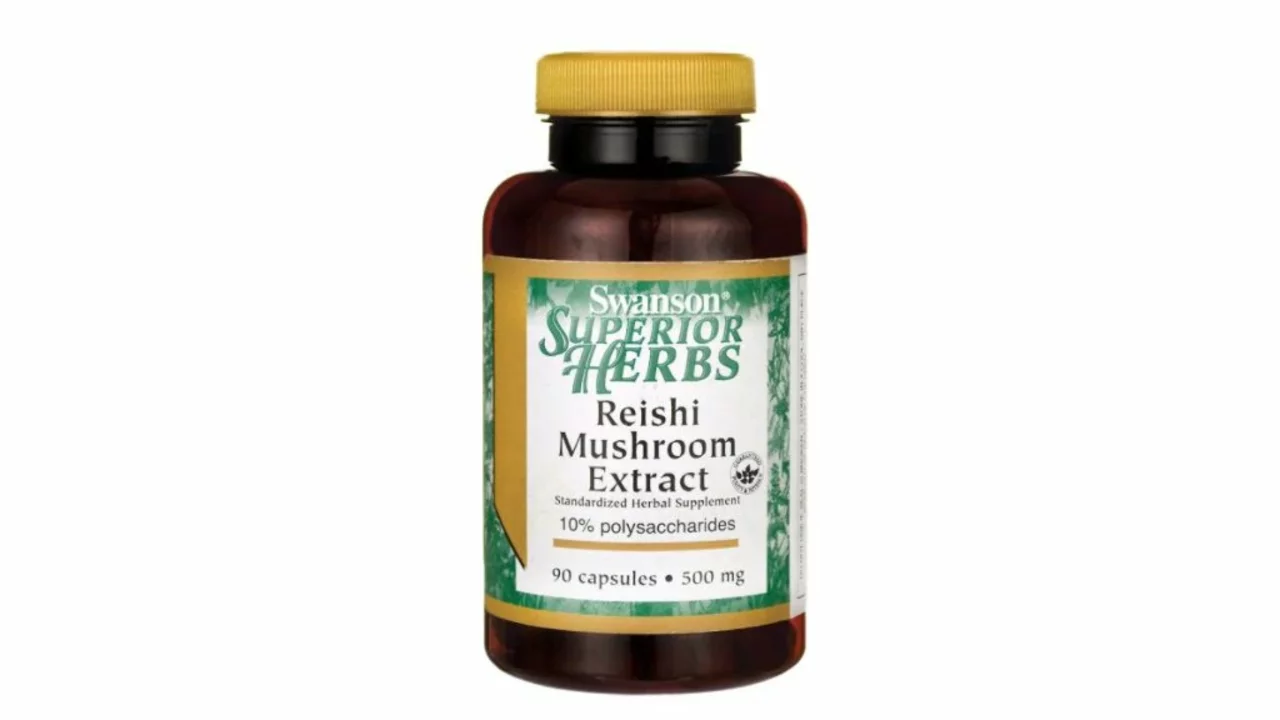Banaba (Lagerstroemia): What It Does and Who Might Need It
Ever heard of banaba? It’s a tropical plant whose leaves are used as a supplement to help control blood sugar. The active compound people talk about is corosolic acid. If you’re curious about using banaba for mild blood sugar support, this page gives clear, practical guidance—what it may do, safe dosing ranges, and real buying tips.
What the research says—short and useful
Small human studies and lab work show banaba and corosolic acid can lower blood sugar a bit after meals and improve glucose uptake in cells. That can help people who have elevated fasting glucose or insulin resistance. Think of banaba as a mild support, not a substitute for prescribed diabetes drugs. If you already take insulin or pills for diabetes, don’t add banaba without your doctor—combined effects can cause low blood sugar.
People also try banaba for weight support and to curb carb cravings, but evidence there is limited and mixed. Use it for modest help with blood sugar control, and watch how your body reacts.
Practical dosing, safety and interactions
Typical supplements: most bottles list banaba leaf extract, often standardized for corosolic acid. Common label ranges are 250–1,000 mg of extract per day. Some brands show corosolic acid percentage (1–3% is common). Start low—try one dose in the morning with food and see how you feel. If you’re monitoring blood sugar, check levels more often when you begin or change the dose.
Key safety tips: banaba can lower blood sugar. If you take insulin, sulfonylureas, or other diabetes meds, you may need dose adjustments. Watch for dizziness, shakiness, sweating, or faintness—signs of low blood sugar. Pregnant or breastfeeding people should avoid banaba because we don’t have enough safety data. Also pause before surgery since blood sugar changes matter during and after operations.
Other possible side effects are mild: stomach upset, headache, or allergic reaction. Stop use and call your clinician if you get severe symptoms.
Picking a good product: choose supplements that list extract strength and corosolic acid percentage. Look for third-party testing (USP, NSF, or an independent lab). Avoid products with vague “proprietary blends” that hide amounts. Check expiration dates, read reviews, and buy from reputable retailers.
Final tip: use banaba as part of a plan—healthy meals, portion control, and regular activity matter more than any pill. If you want to try it, discuss it with your healthcare provider and monitor blood sugar closely during the first weeks.
Want related reads? We cover other supplements and meds that interact with blood sugar—check our articles on prickly pear cactus, metformin alternatives, and practical guides for buying safe online pharmacies.
Let me tell you, folks, I've unearthed a real gem! Banaba, this tropical leafy wonder, is making waves in the health and wellness scene. It's like nature's own dietary supplement, packing a punch with its health benefits. It's been shaking things up, revolutionizing our approach to health like a total game-changer! So, hold on to your smoothies, because the Banaba train is rolling into the station, and it's full steam ahead!
